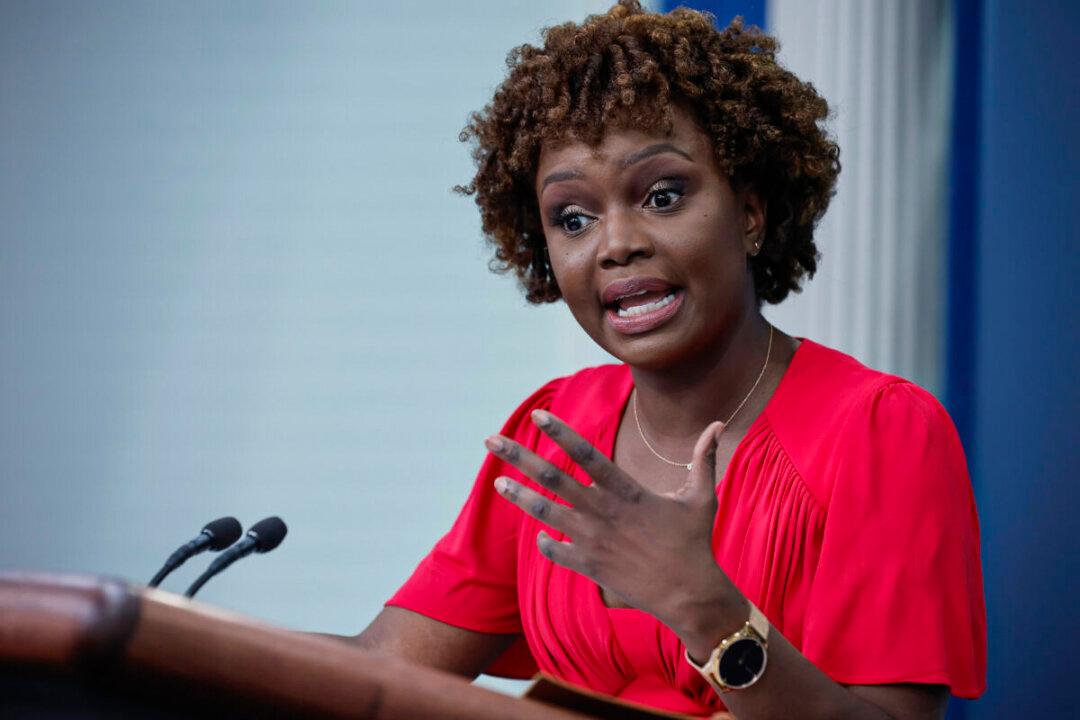President Joe Biden and White House officials are seeking to clarify statements the president made on Jan. 19 suggesting that a “minor incursion” from Russia against Ukraine would elicit a lesser response from the United States and its allies than a full-scale invasion of Ukraine would.
Russia has amassed roughly 100,000 troops along its border with Ukraine and in Russian-annexed Crimea in recent weeks. While Western states say that they’re prepared for a Russian invasion of Ukraine, Russia denies that it’s planning an attack. But Moscow has demanded a promise from NATO to never admit Ukraine as a member.




